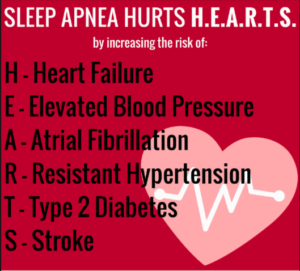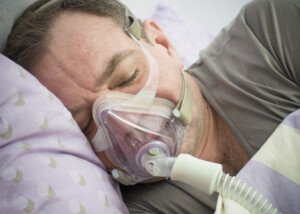
Just how dangerous is untreated but mild obstructive sleep apnea? Can mild OSA cut your life short?
Moderate to severe obstructive sleep apnea is defined as having equal to or greater than 15 respiratory disturbances per hour.
Mild OSA is five to 15 disturbances per hour.
“Of the major studies available that look at OSA as an independent risk factor for all-cause mortality, none show an increase in all-cause mortality for mild sleep apnea, though all demonstrate increased risk of mortality in moderate and severe OSA,” says Dr James Davidson, MBChB, a former internal medicine physician and founder of MedCourse.
A study by Marshall et al (Sleep, August 2008) was small, involving 380 participants with obstructive sleep apnea. They were followed for an average of 13.4 years.
Moderate to severe OSA was found to be independently associated with a bigger risk of all-cause mortality.
This was after adjustments were made for the following:
• Age
• Gender
• BMI (body mass index)
• Mean arterial pressure
• High density lipoproteins
• Total cholesterol
• Diabetes
• Angina
None of the participants, at the start of the study, had had a heart attack or stroke.
Mild Sleep Apnea and Risk of All-Cause Mortality
Mild obstructive sleep apnea was not found to be an independent risk factor for greater all-cause mortality.
However, this is no reason to let your guard down if you’ve been diagnosed with mild OSA.
“Mortality is not the only reason we initiate treatment,” says Dr. Davidson.
“CPAP is fantastic at reducing the symptoms of OSA. Some people may have objectively mild OSA but still struggle with the symptoms of OSA on a day-to-day basis.
“For example, someone with mild OSA who drives a truck may decide that they would benefit from CPAP to help their concentration and alertness while driving, even if it doesn’t change their risk of mortality.

CPAP therapy. Shutterstock/Oleg Golovnev
“For this reason, we usually treat mild OSA with lifestyle modifications such as weight loss, rather than recommending CPAP.
“We would only recommend CPAP for mild OSA if the patient is struggling with the symptoms of OSA.”



























